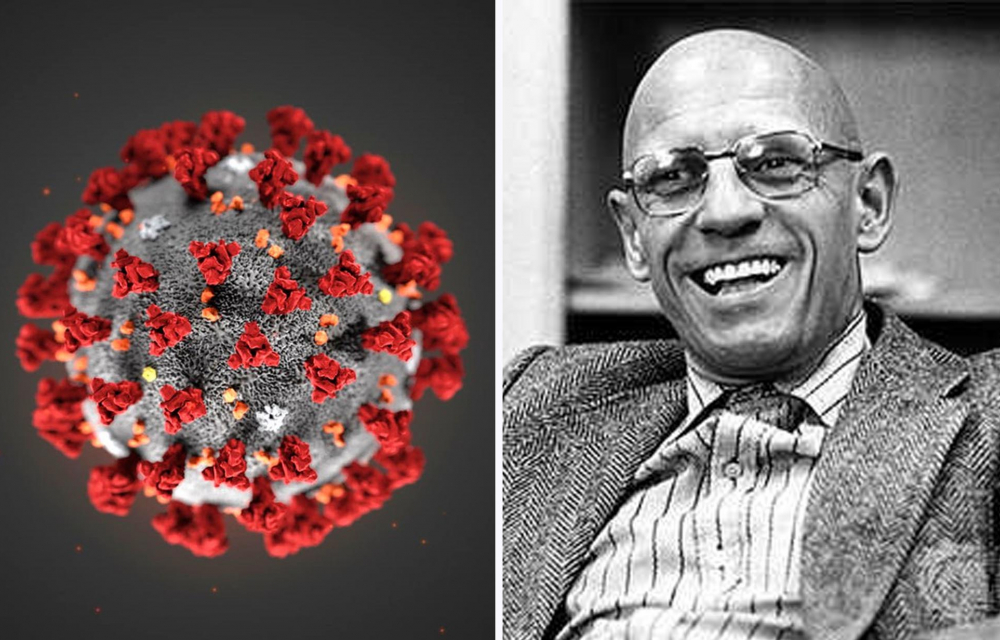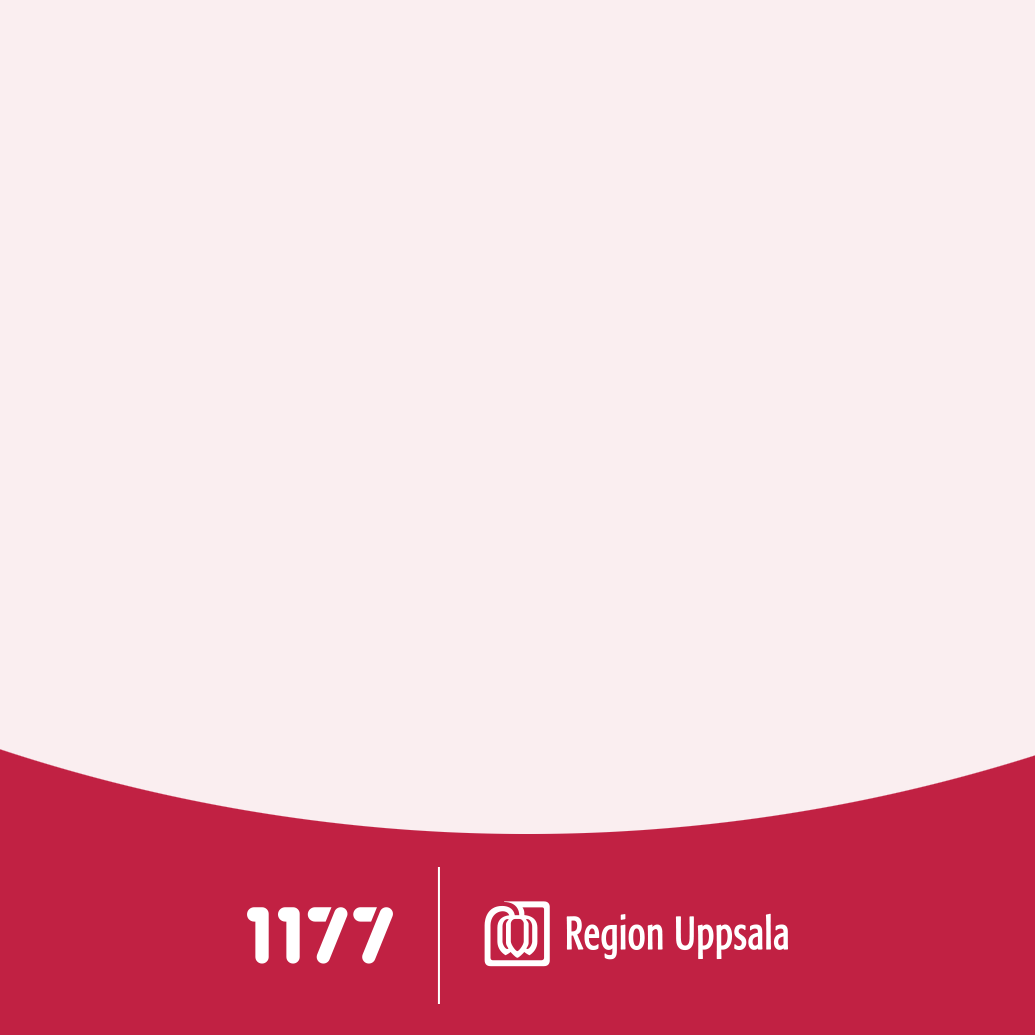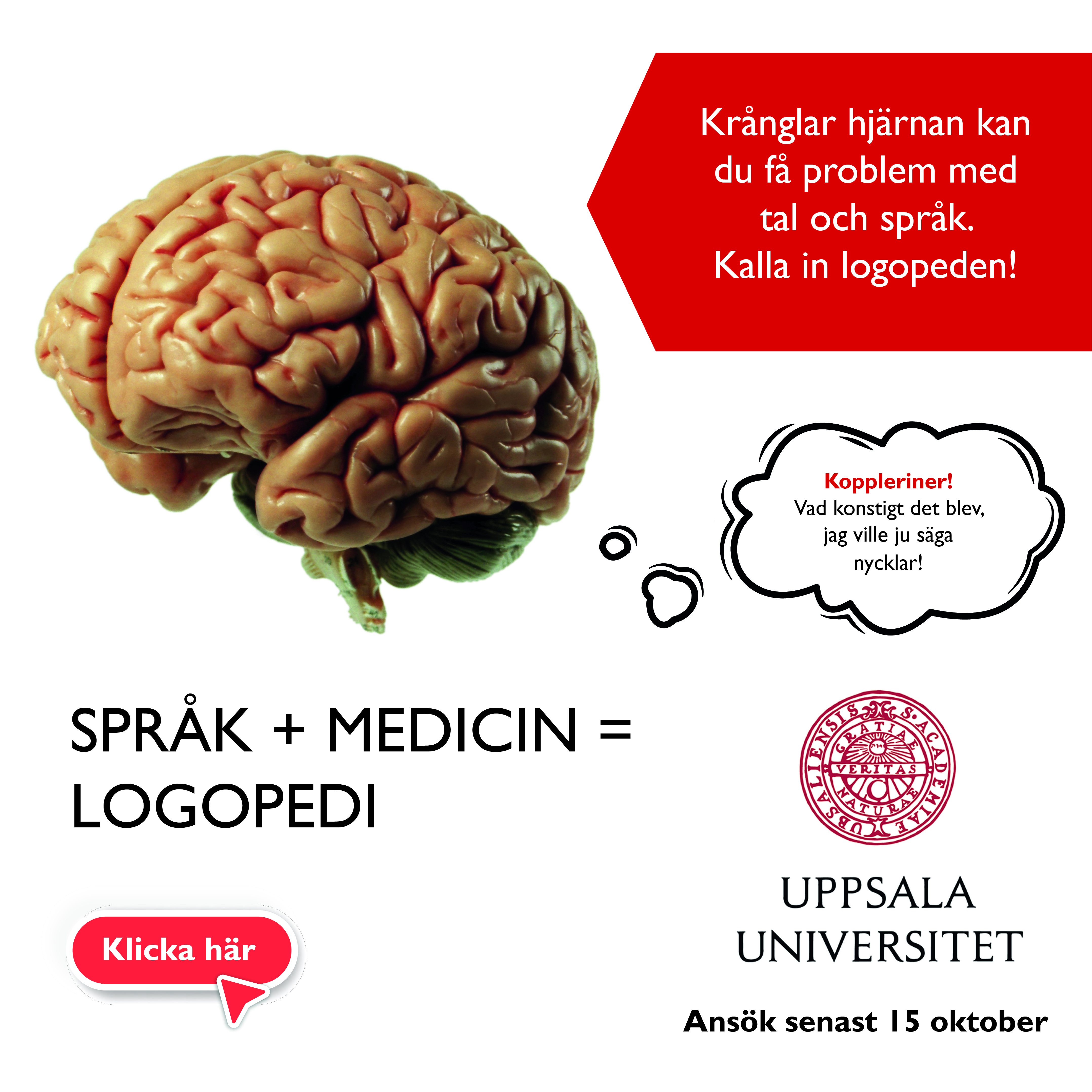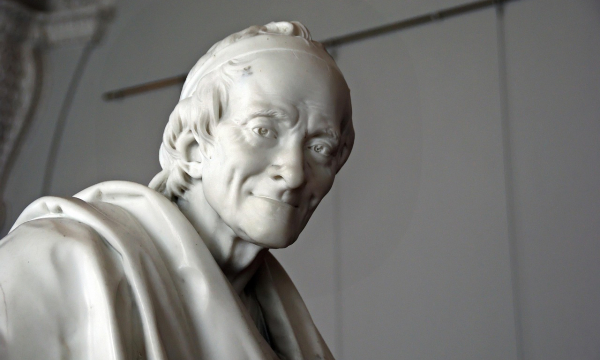
Love in the Time of Corona
A handful of days back, Sundhetsstyrelsen, the Danish ministry of health, took pains to make clear that their government's decision to seal the borders was a politically, rather than medically, motivated. At the same time, only an impressive amount of naiveté could think that the directives issued from any ministry somehow reflect a kind of neutral, un-politicized, "scientific" position. Take, for example, the Swedish epidemiologist of state Anders Tegnell's claim that more drastic measures would cause "inequality" (ojämställdhet) between work-places, or that children to infected parents should obstinately continue to go in to school lest they interfere with the sacrosanct ritual of skolplikt – all of which are dripping with ideology. I almost wish there were a word that could capture the concentric intersections of politics and medicine; perhaps even describe the reasoning behind Sweden's decision not give a flying fuck about WHO directives, and their insistence on engaging instead in whatever the institutional version of gaslighting is called.
Except – such a word already exists, and it is biopolitics, or even (which sounds way cooler) biopower. The term was originally coined by the French philosopher Michel Foucault, who defined it as the form of control that exerts power over bodies, over the biological functions of humans. (Foucault is a controversial figure for a number of reasons, but in this case, he seems to be right on the money.) Foucault's theory is relatively straightforward: in a more ancient form of government, he claims, the power was concentrated in the figure of the sovereign. This power was, at bottom, the power to take lives or refrain from taking lives. The king could execute any of his subjects. His symbol was, after all, the sword. With the advent of the modern nation-state we see a shift in the character of power. The power of the state no longer consists in killing, but rather in supporting life or withholding that support. Control is exerted by upholding the vital functions of the population. The reinvention of the state as the protector of life also has a darker underside. The goal – the life of the species, of the herd – is of such nature that it justifies everything done to achieve it. The genocides of the last century, for example, were not a return to the ancient right to kill of the despot. They were rather rooted in the modern paradigm of biopower, in ideas of the biological purity of the population.
A particularly prescient aspect of Foucault's analysis is the stochastic and "massifying" technologies of biopower. With the development of statistical methods the modern state could, for the first time ever, visualize the novel concept of the "population" as a unified and homogenous herd. The multifaceted and polyvalent clutter of the different stories that society actually is thus becomes a stippled series of points along a normal distribution curve, plotted to be objectified, controlled – protected. For the first time, scientific methods of control could be exerted over biological functions of humans. It is worth keeping in mind just how deep the roots of eugenics and social darwinism stretched in the all too fertile ground of the nascent demographical technologies.
None of this, I should stress, is to say that statistics are intrinsically evil. But I think it is in this key that Sweden's refusal to test non-risk-group patients should be read. Statistics are a vehicle of biopower, and darkening the numbers to make the stats tell a genial narrative is the oldest trick in the book. And that is exactly what is happening: controlling statistics means controlling the population. Folhälsomyndigheten have simply tallied up a basic calculation of biopolitical algebra.
"Going solely on the track record of the past few days, epidemiologists do not even seem to know that they know very little about anything."
A direct consequence of statistical massification of the population is the power conferred to the figure of the "expert", a semi-mythological creature gifted with the arcane power to divine the meanings of graphs. The biopolitical ripples of expert culture are more obvious than ever in the current pandemic. The expert is now what the shaman once was, a portal-figure to the inaccessible world beyond the stars, a universal authority on earthly and heavenly matters. Anyone who doubts this need only tune in to any talking head with a medicine degree making categorical statements about the greater good of society, or global economy, or the psychological welfare of children when alone with their family. What seems to disappear in the current biopolitical paradigm is that an expert – say, an epidemiologist – does not necessarily know very much about ethics or economics or family relations. Going solely on the track record of the past few days, epidemiologists do not even seem to know that they know very little about anything. At the end of the day, however, we have no real choice but to listen to expert knowledge, at any rate in their areas of expertise. (Except, that is, expert knowledge from other countries. Because in that case it is amateurish and worthless and stupid.)
By far the most prominent, as well as the most sinister, display of biopower in the current pandemic can be found in the recent debates around "herd immunity". Herd immunity, as far as I understand, is a relatively well-attested medical phenomenon. When a considerable cake-slice of the population is infected during an epidemic, the "herd" develops a kind of collective immunity to the sickness. Most of the people infected come down with mild to moderate symptoms. Some die. It was only two countries that broke ranks with the WHO directives to pursue this tactic: Sweden and Great Britain. (The British government eventually was called out on their bullshit and pulled a 180 on the question of herd immunity – but that is beside the point.) Both governments were quick to deny the allegations, but even a cursory glance at what was actually said behind the gaseous cloud of sophistry reveals the exact opposite. Tegnell, for instance, was adamant that the "chief-tactic" is not herd immunity. The "chief-tactic", we are told, is to slow the spread and give the health services a reasonable arbetsro (a word that, as far as I know, is pretty much untranslatable). But nowhere does Tegnell say that herd immunity does not enter the calculations at all. He himself grants that "the two goals are not contradictory". Over in Britain, Secretary of State for Health and Social Care Matt Hancock gives an almost verbatim echo of Tegnell: "herd immunity is not our goal. Our goal is to protect life." The measures taken are in place to "do what is necessary to protect life." Sound familiar?
When the goal, as Foucault says, is the protection of the life of the species – everything is justifiable. What is at stake is the existence of the massified herd. And the state has, after all, the power to simply withhold from its citizens the support needed to survive. This too is a simple biopolitical calculation. Someone needs to take one for the team if we want the greatest wellbeing for the greatest number. (However much lip-service one wants to pay to protecting risk-groups. Hospitals are already strained. The spread is not being contained. People will die. Crocodile tears, etcetera.)
The reason, we hear, for this blood sacrifice, is that any other strategy cannot be kept up and is ultimately unrealistic. We need measures that are easy to maintain over time. Which is, of course, simply code for: how do we lose as little money as possible? The recipe: business as usual, a couple of scapegoats here, a few elderly and disabled there... Other countries (including our neighbours) have done what they can to shield the weak and elderly, taking heavy blows to their respective economies for the common good. Over here, not so much. But it is neither the first nor the last time that economic interests trump lives of a few expendables.
One can, of course, simply wave the question into a nebulous future. Time will tell. Perhaps our strategy was the best one after all. It is, in a sense, true: we can indeed hedge our bets on a hypothetical tomorrow – although such a day, for some people, will never come. But that is beside the point. Even if the strategy does work, we may have saved the human species, but only at the cost of humanity. Even if, after the storm blows over, statistics show a healthy population (achieved by torching its dead wood) or a glittering GDP (achieved by scavenging like vultures as the globe has stopped spinning) – what good is it to gain the whole world, if one loses one's soul?

Lapo Lappin comes from Italy and studies philosophy at Uppsala University. (Photo: Lina Svensk)
Read Lapo Lappins older column:














